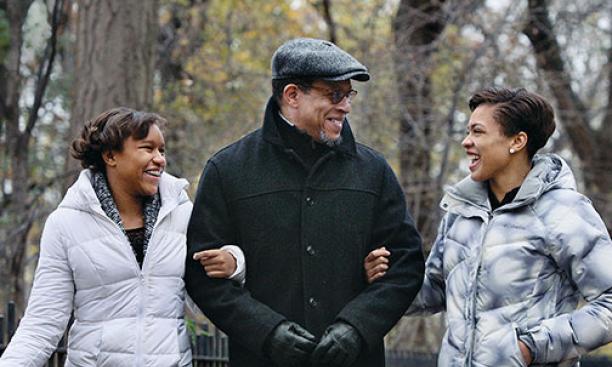

At 33, Obery M. Hendricks Jr. *95 was making a good living at the Wall Street firm Kidder Peabody when he realized that working in finance “was destructive to my spirit,” he says. “The focus on making money was not good for me. I’d gotten to the point where I wasn’t able to see anybody or anything apart from their financial value.”
While standing in a church pulpit to give a eulogy at his father’s funeral, Hendricks found his true calling. He enrolled at the Princeton Theological Seminary, then earned a Ph.D. in religion at Princeton, and later became the president of Payne Theological Seminary in Ohio, one of the oldest African American seminaries. He now serves as a visiting scholar in the religion department at Columbia University.
Hendricks had dreamed of becoming a professor while earning his undergraduate degree at Rutgers, but talked himself out of it. “No one in my family had ever done anything like that,” he says. His mother was a school secretary; his father worked as a brick mason. They moved the family from Prince Edward County, Va., to East Orange, N.J., when Hendricks was 4, after the county closed the schools rather than desegregate them.
“My family came north to give my sister and me an education,” he says. “It’s an amazing journey, to be born in segregation and be blessed to matriculate at the greatest university in the nation.”
Today, Hendricks writes and lectures on the intersection of religion and politics, and teaches about Martin Luther King Jr.’s views on economics and democracy. He hopes to contribute, he says, “to the ongoing struggle for justice and deeper democracy in this nation.”
